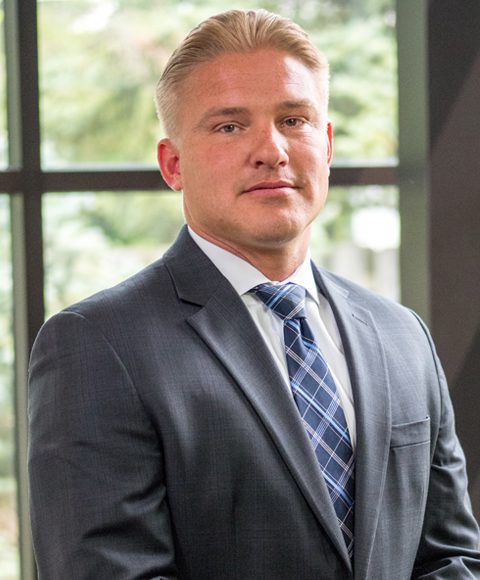It is a longstanding tradition that some high-ranking, former senior officials from past presidential administrations retain active security clearances after leaving their official capacities.
Such is the case with the former intelligence officials whose security clearances President Donald Trump is considering revoking for what he says was using their security access for political and personal gain.
That some former officials, including those in defense, intelligence, diplomacy and law enforcement retain active security clearances runs contrary to the security clearances of other government employees who leave their jobs (without incidents of alleged misconduct), which become deactivated after a short period of time.
Reasons for retaining former officials’ active security clearances vary, but is common so they can share information about past events or foreign governments with the incoming administration. Former officials also may be called upon by other agencies for consultation.
The risks associated with allowing former officials to retain active security clearances include the chance that they could leak sensitive information, either by accident or on purpose, or that they could use their clearances to obtain information that they could use to publicly criticize the current administration.
There are three levels of security clearance: confidential, secret and top-secret, and the intent of security clearances is to benefit the government, not the individuals who possess them. To retain an active clearance, an employee must have a sponsor (e.g., the government or company holding a facility clearance and sponsoring the employee) and he or she may only access information on a need-to-know basis.
An employee with any alleged misconduct who loses or quits their job while an incident is being investigated will lose their clearance. If they cannot find a new sponsor, their clearance remains revoked or suspended. Those with revoked or denied clearances must wait at least one year from the final decision to reapply. Individuals with expired or inactive clearances can apply to reactivate their clearances once they have a new sponsor, i.e., employer.
Unfortunately, there are currently long waits processing security clearances. Due to background checks and severe backlogs, top-secret security clearance processing times took an average of 534 days and secret and confidential security clearances took 221 days, as reported in the first quarter of 2018. More than 700,000 individuals are currently awaiting security clearance-related background checks and processing.
The president does not have to submit to background checks or go through any security clearance processes, instead receiving full access to top-secret materials upon assuming the presidency.
The authority to issue or revoke clearances is rooted in the U.S. Constitution’s Article II investment of power in the president as the “Commander in Chief of the Army and Navy of the United States” and is independent of any explicit grant of power from Congress.
Although there is no precedent of a president revoking—or granting or denying—security clearances, the president has the authority to revoke the clearance of any of the 4.1 million current security clearance holders, sidestepping Department of State Adjudication Guidelines, which are generally used to assess eligibility for a security clearance.
The Adjudication Guidelines are used by the Department of Defense to determine information about an individual, past and present, favorable and unfavorable, when assessing new and existing security clearances. When someone’s history shows evidence of unreliability or untrustworthiness, questions arise whether the individual can be relied on and trusted to exercise the responsibility necessary for working in a secure environment where protection of classified information is paramount.
Executive Order 12968, adopted in 1995, established uniform policies for allowing federal government employees access to classified information. It details standards for disclosure, eligibility requirements and levels of access, and administrative procedures for granting or denying access and for appealing determinations.
To learn more about security clearances or obtain assistance applying for or appealing the revocation of one, contact a Security Clearance Attorney.
Anthony J. Kuhn, Esq. is the Managing Partner of Tully Rinckey PLLC’s Buffalo office. A First Sergeant in the United States Army Reserve and a combat veteran, Mr. Kuhn focuses much of his time on the representation of military personnel, federal employees and federal agents, as well as private employers and not-for-profit corporations.







